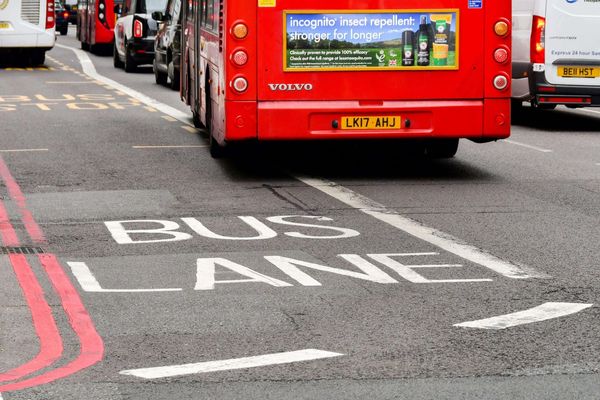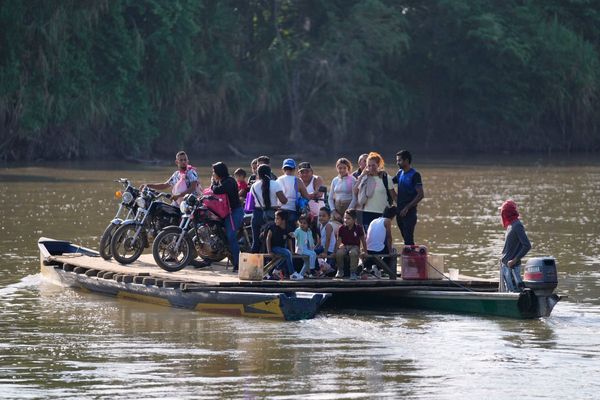
Washington (AFP) - President Joe Biden's administration on Wednesday welcomed Pacific Island leaders for a summit with promises of greater aid and diplomatic presence, countering China's rising influence in a region historically linked to Washington.
In a first-of-a-kind summit in Washington, leaders from across the remote but strategic islands will meet Biden and the rest of the top US leadership on issues from maritime security to pandemic recovery to climate change, which threatens to devastate many of the low-lying islands.
Opening two days of meetings with 12 leaders and representatives of two other nations, Secretary of State Antony Blinken welcomed the leaders to lunch and promised, "You can count on the United States partnering with you."
In a veiled reference to China's growing assertiveness around the region and across Asia, Blinken said the United States would work with the islands on "preserving a free and open Indo-Pacific where every nation -- no matter how big, no matter how small -- has the right to choose its own path."
Following up on an initiative last week on the sidelines of the UN General Assembly, Blinken promised $4.8 million to strengthen "blue economies" -- cleaner oceans with more sustainable fishing.
He also promised an assertive stance on climate change by the United States, which under Biden has approved domestic action on green energy after years of gridlock and skepticism by much of the rival Republican Party.
"One of the messages that we've heard loud and clear from Pacific Island leaders is that building resilience is about more than equipping communities to adapt to the effects of the climate crisis, which for many of you is an existential threat," Blinken said.
"It's also about preparing communities to weather a wide range of interrelated shocks.That we know have caused cascading effects."
Staying power?
Biden will meet the leaders on Thursday, a personal touch that US officials hope will help reestablish Washington's pre-eminence after long taking for granted a region the United States had dominated since the end of World War II.
Administration officials did not deny that Pacific Island nations voiced concerns that the pivot could be temporary.But officials highlighted the breadth and bipartisan support for the effort.
As part of a new strategy, the United States will appoint its first-ever envoy to focus on the Pacific Islands and is adding three more diplomatic missions in the region, bringing the total from six to nine, officials said.
The United States will also resume a USAID office in Fiji and expand contacts through the Coast Guard, Defense Department and the National Oceanic and Atmospheric Administration.
The United States as well as Australia and New Zealand, which are participating in the summit as observers, in April had a wake-up call when the Solomon Islands signed a secretive security pact with China.
After intensive US and Australian appeals, the broader region rejected an overarching pact with China.But Western officials fear that Beijing will use the Solomon Islands as a base to expand militarily into the Pacific or to pressure Taiwan, a self-governing democracy claimed by Beijing.
Solomon Islands leader Manasseh Sogavare, in a speech at the United Nations last week, vowed that his tiny country "will not be coerced into choosing sides."
Chinese foreign ministry spokesman Weng Wenbin, asked about Biden's summit, said that Pacific Island nations are sovereign and had the right to build relations with any country.
"Growing relations with the Pacific Island countries is not about seeking a sphere of influence and does not target any third party," he told reporters.
Republican Representative Steve Chabot at a recent hearing described the Solomon Islands pact as a failure for the Biden administration and questioned why the United States did not shift resources to the Pacific from friendly and stable European nations.
The Chinese "seem to be eating our lunch in the Solomon Islands, and it is an embarrassment in many ways," Chabot said.







